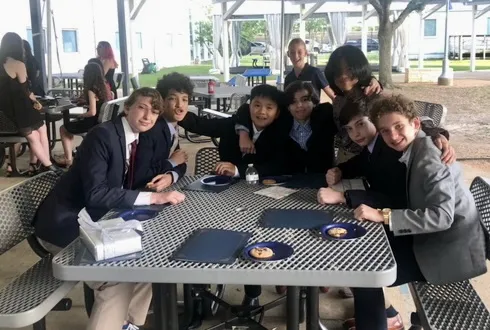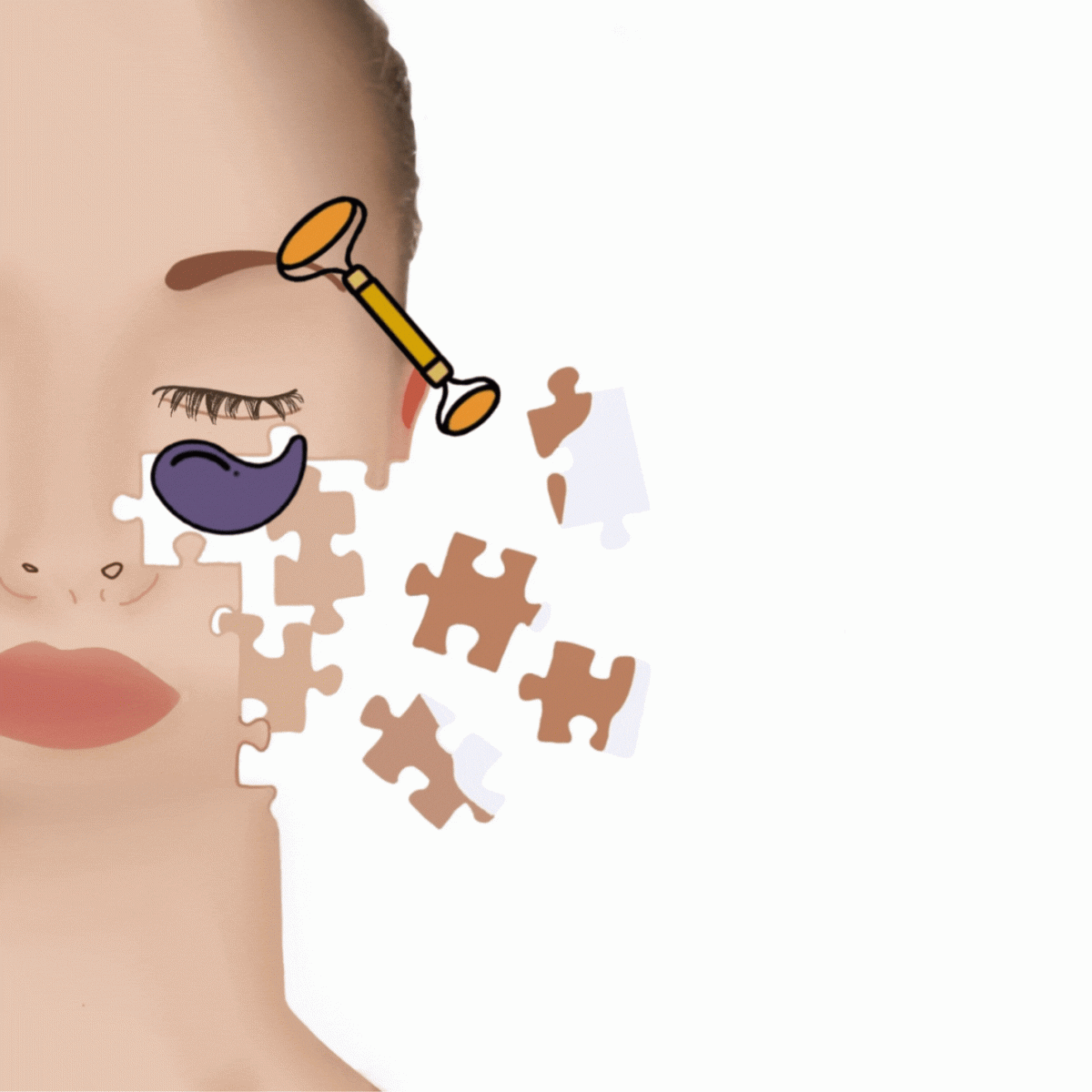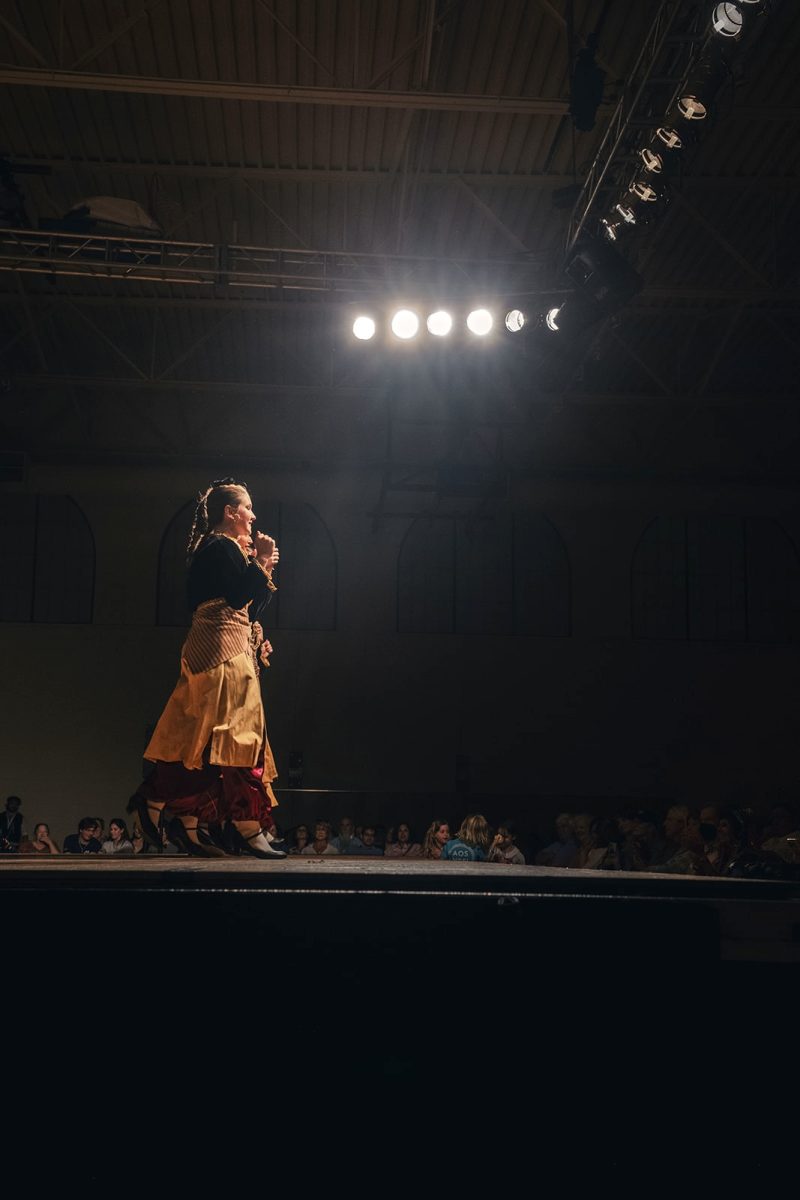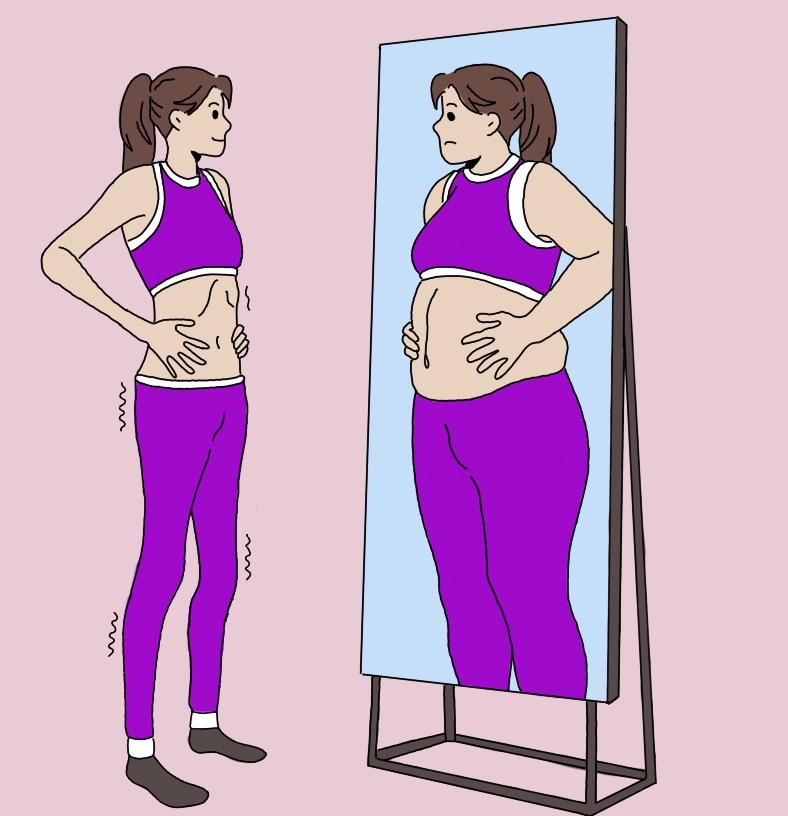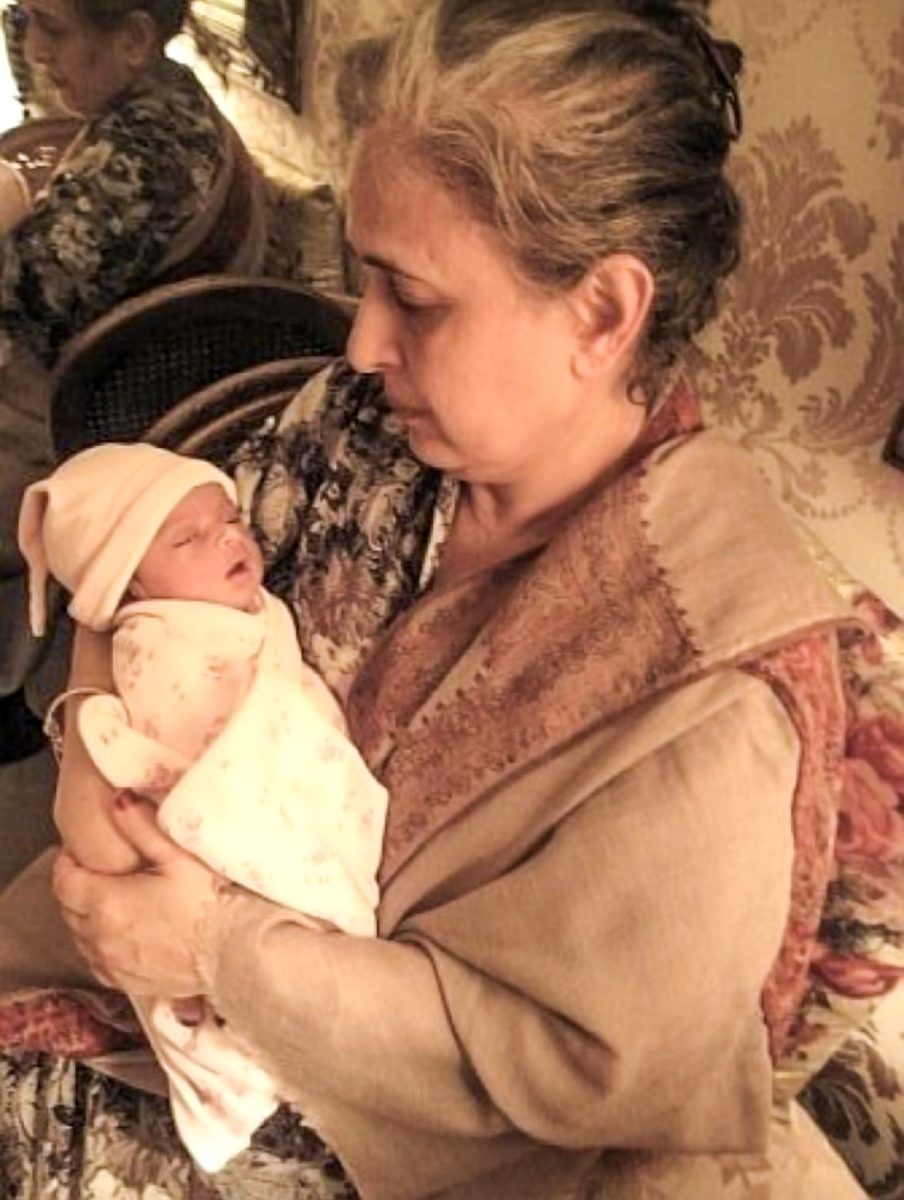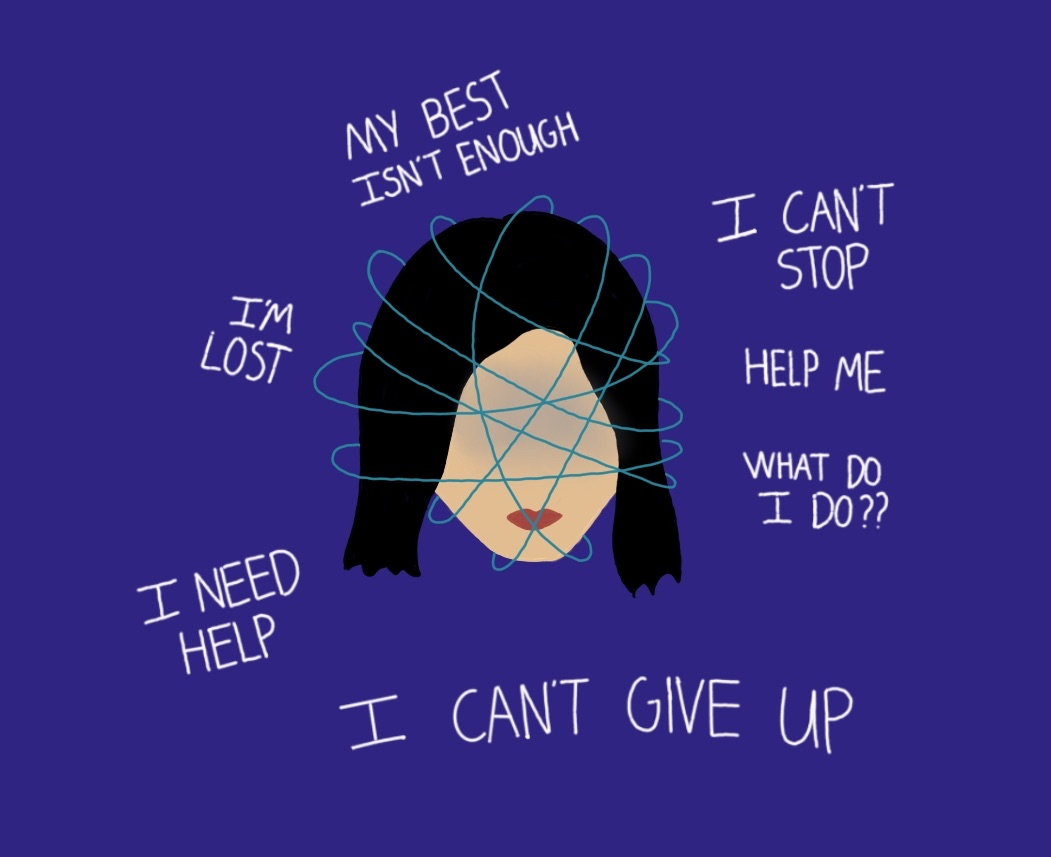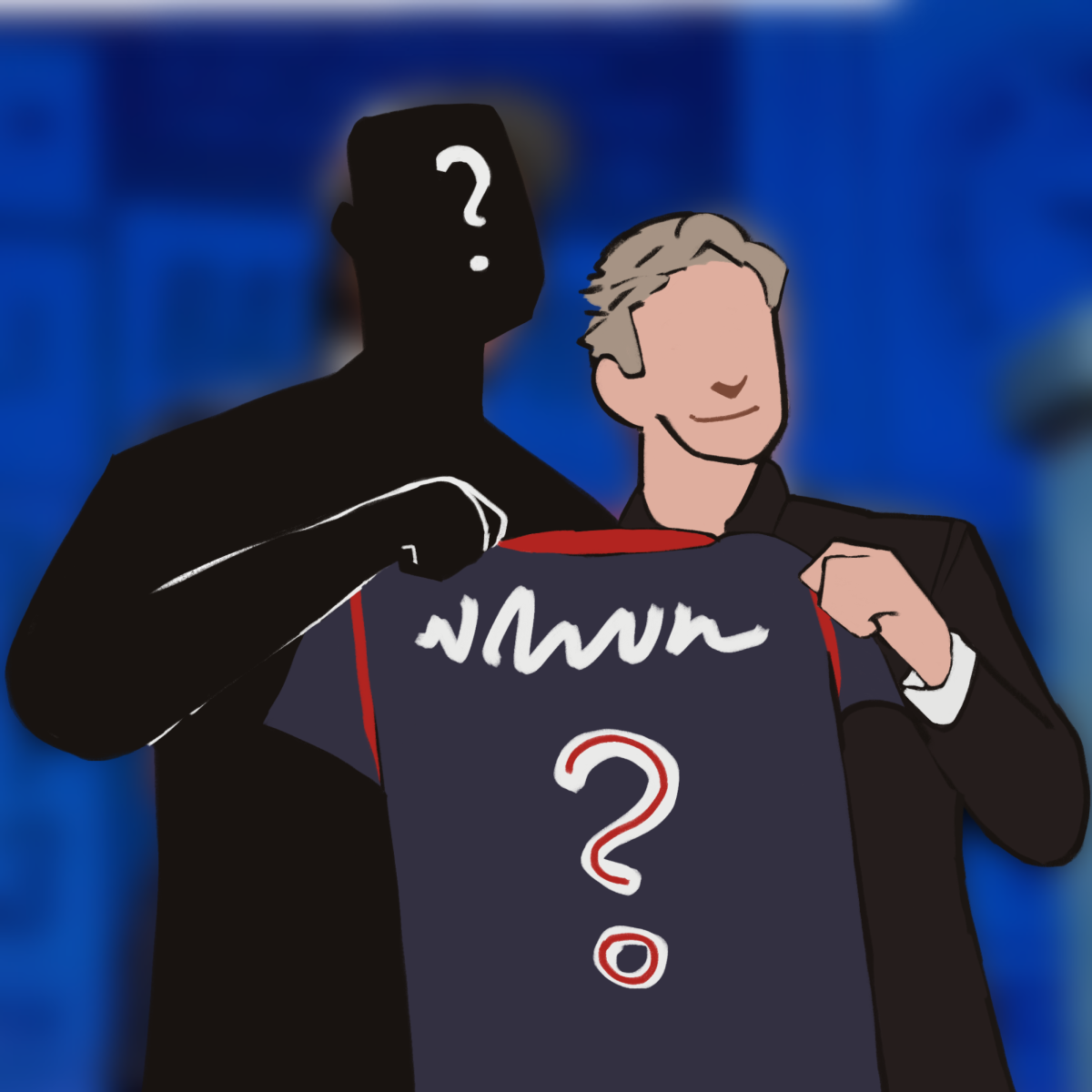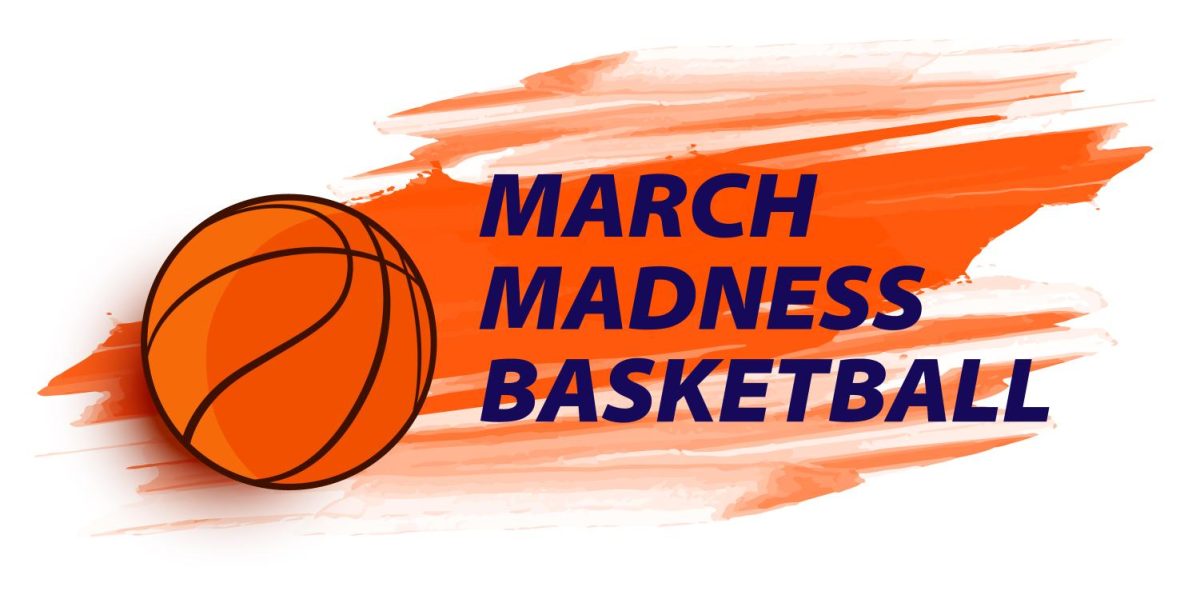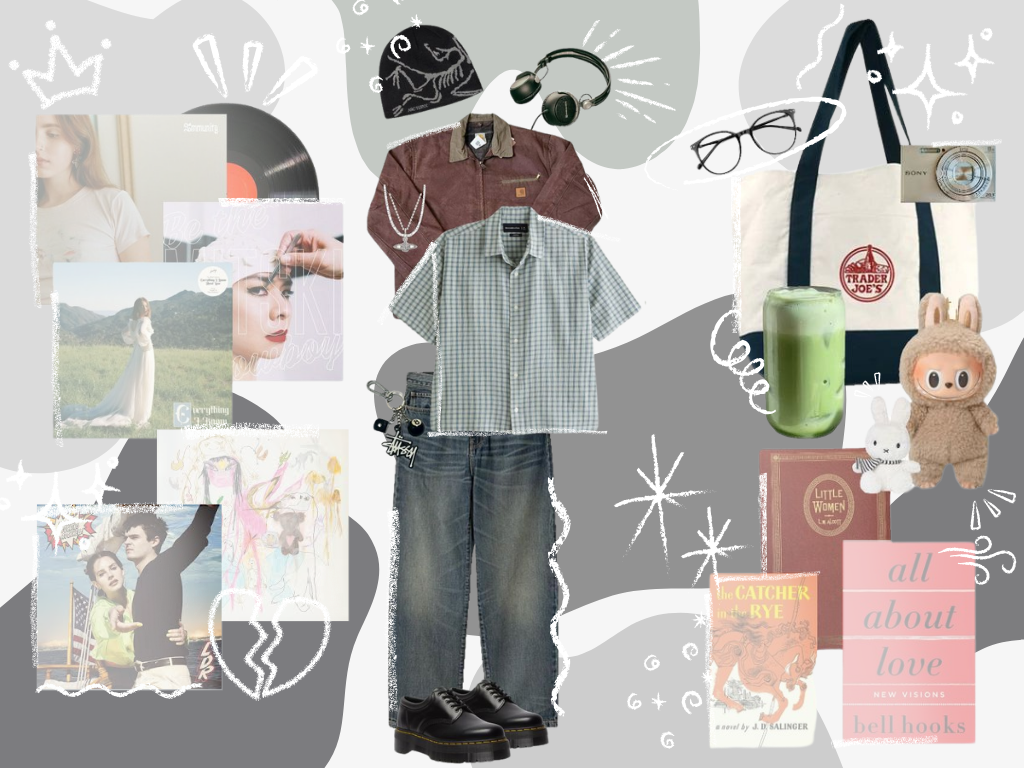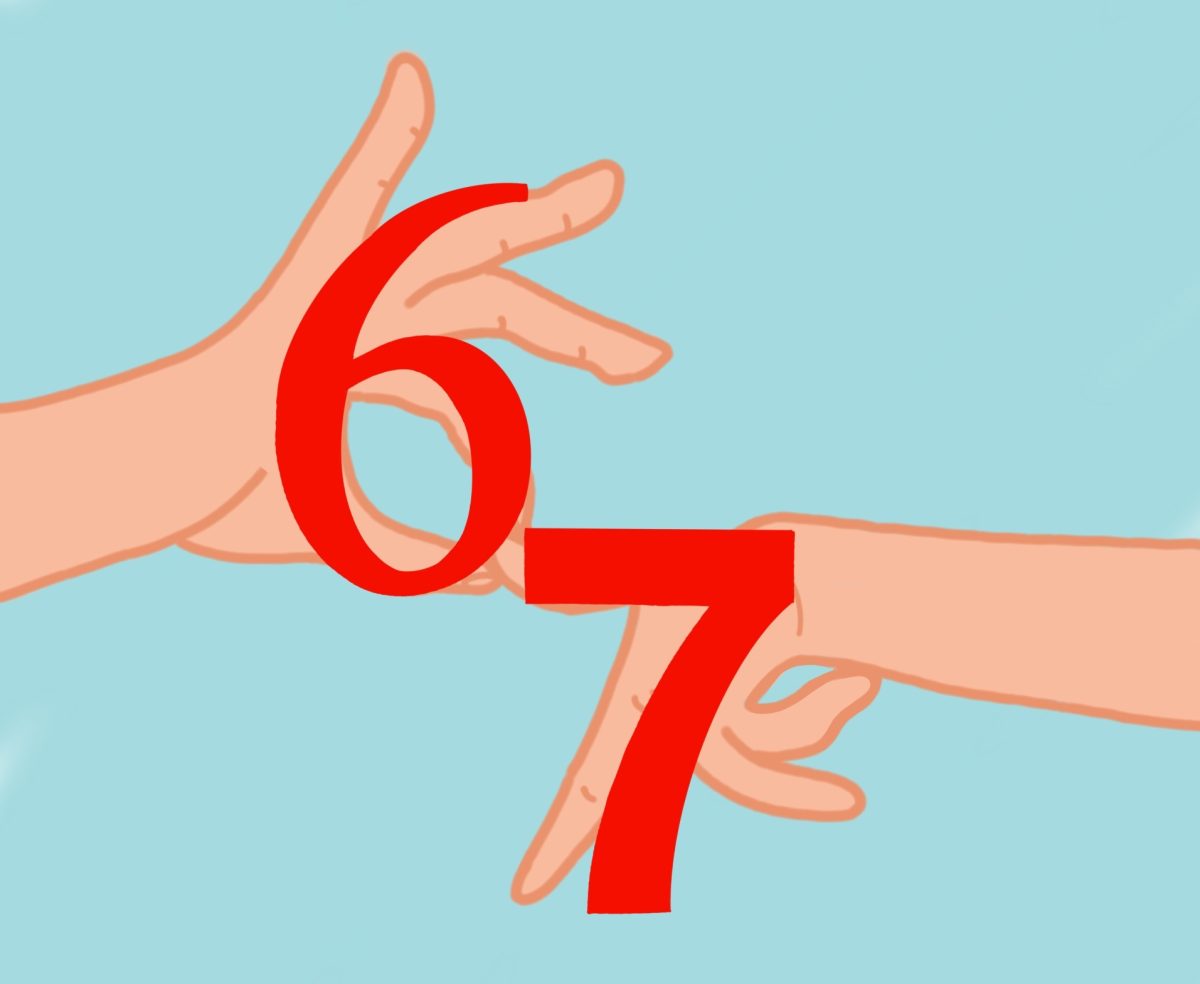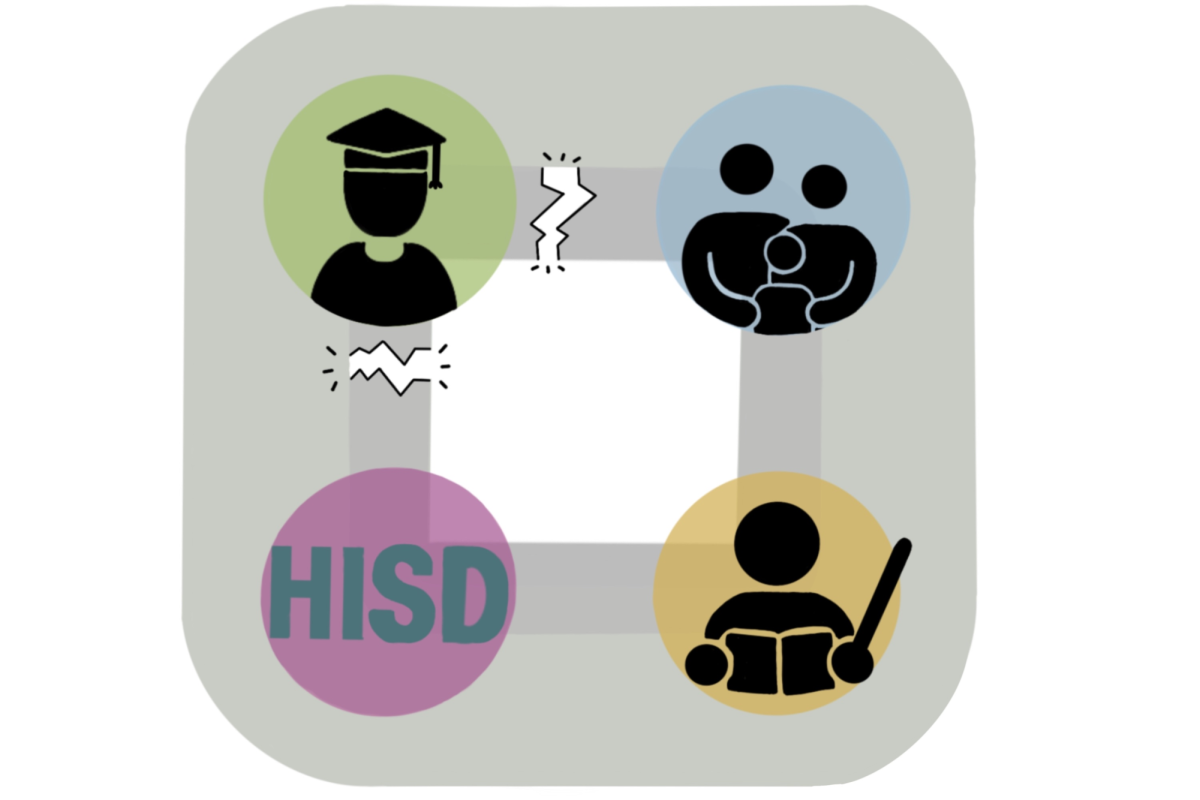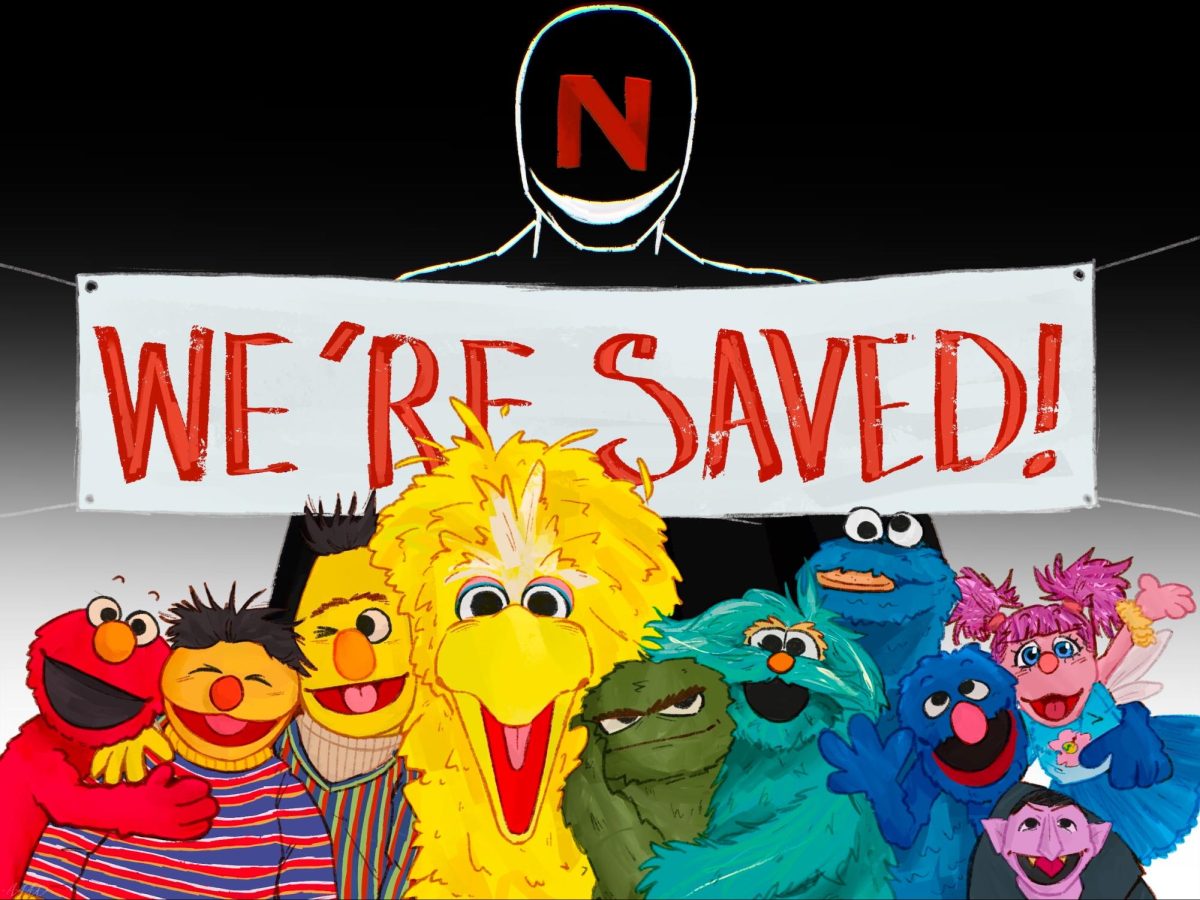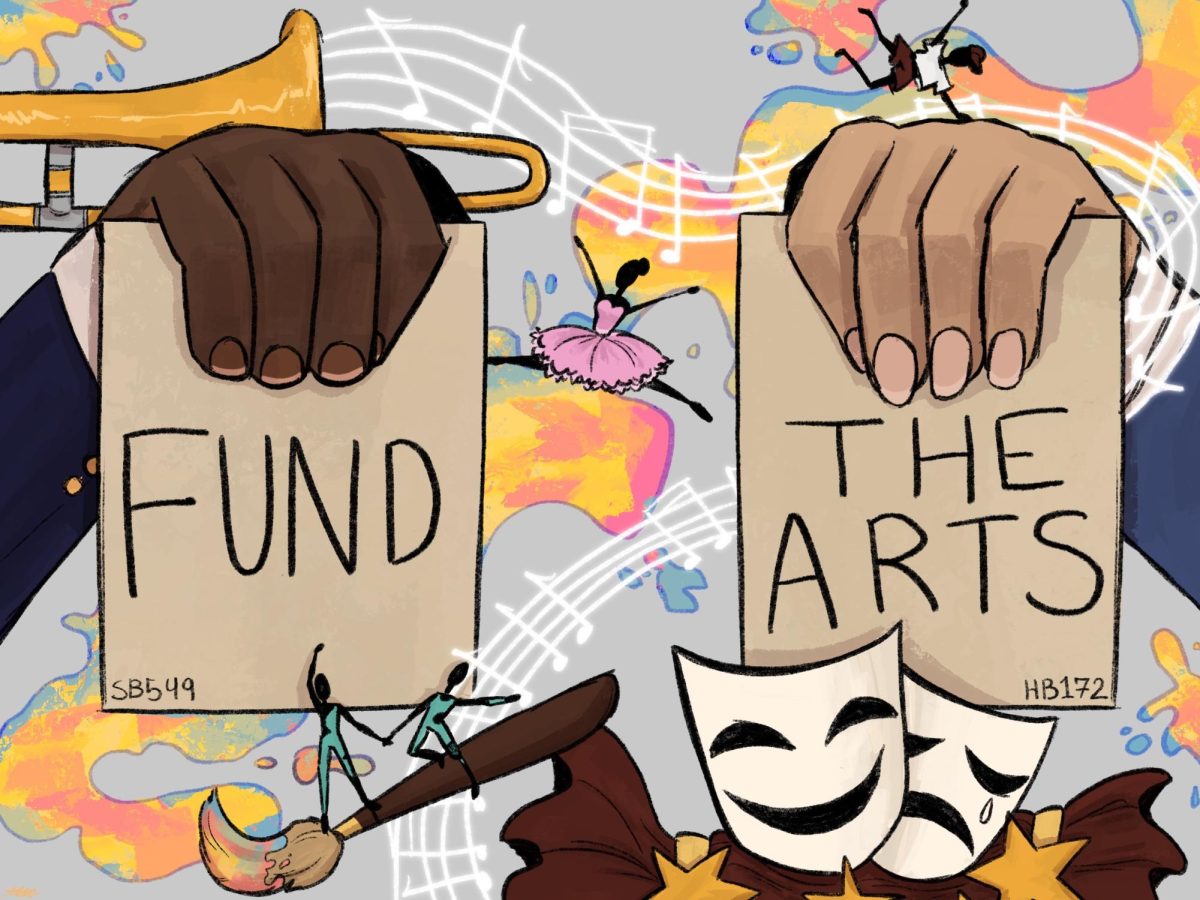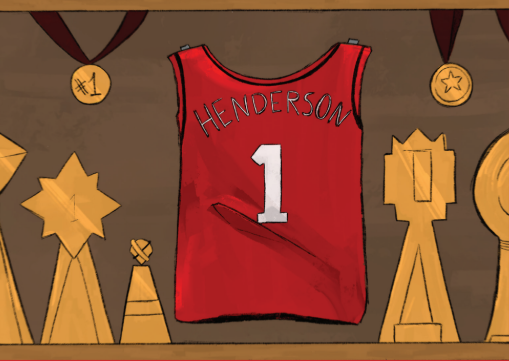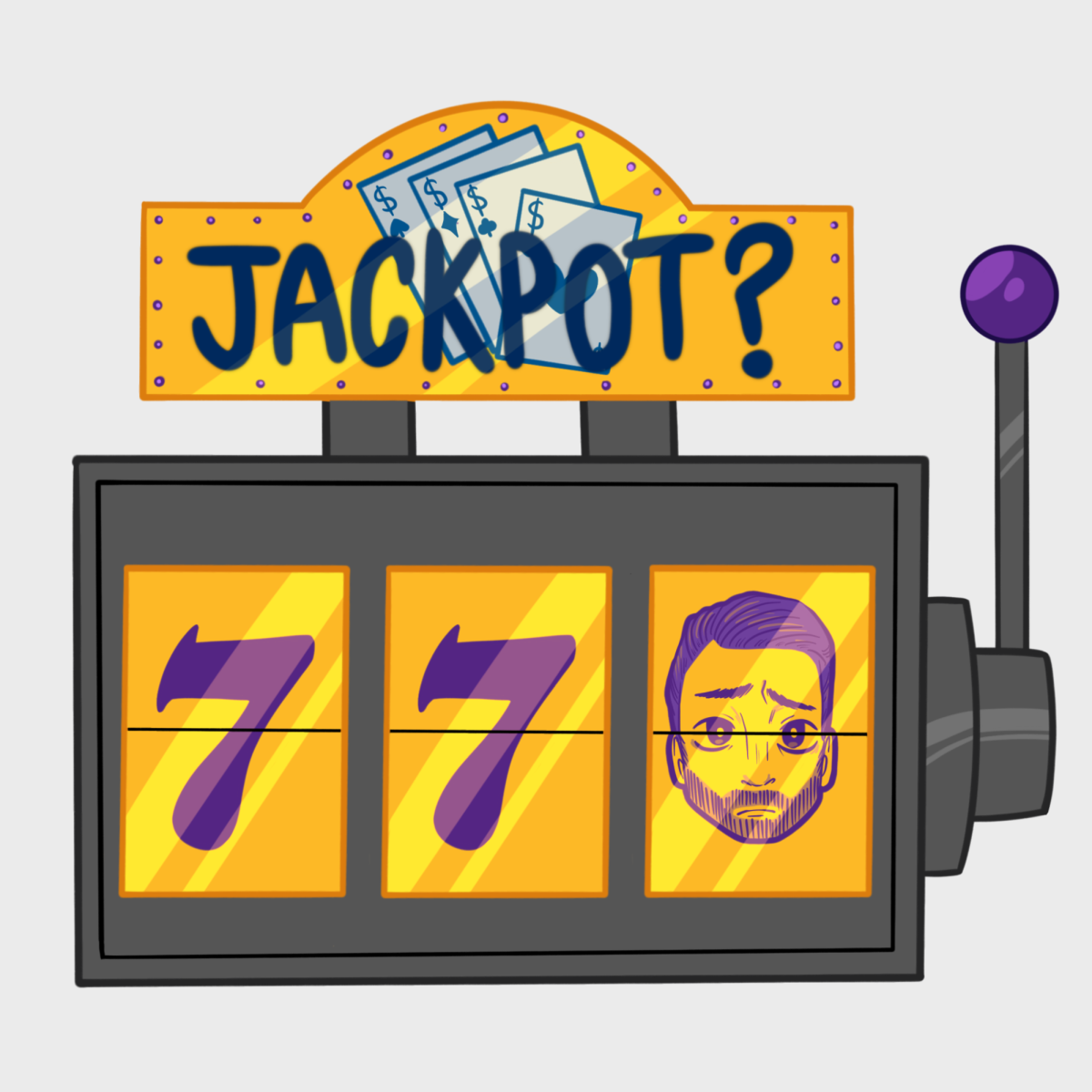“Up next… Jason Chen.”
Chen. A name passed for generations through my family. A name that represents my family’s pride, struggles and achievements. A name that bars others from connecting with me.
I look up at the crowd in front of me, all of them fellow students of Emery/Weiner, a Jewish school. A school that I have been at for three years. A school that still treats me like an outsider.
They look at me with an impassive expression. They look at me like I’m some sort of alien, a model human meant to be looked up to and followed not befriended and understood.
I panic. Will they accept me for what I say? Will they shun me? Will the already high barriers be built up into impenetrable walls?
I remember writing my speech. My family told me that I needed to make it politically correct, to tone it down. They said that people wouldn’t understand. That I could never make them see the true me.
“Delivering his speech, ‘The Asian Dilemma.’”
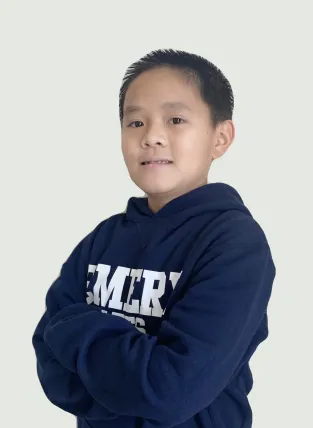
But I owe it to my people. I owe it to the thousands of people who couldn’t speak for themselves after the Chinese Exclusion Act of 1882. I owe it to the thousands who built the railroads and received no credit. I owe it to the thousands who are blamed for a disease that they had no part of.
I step up to the stage. I look at my fellow students. These are students I have come to know and appreciate in the past three years, yet they still do not know me. I force them to look me in the eye, to see me as a human being instead of an outsider.
I tell them about Christina Lu, an Asian girl who was violently beaten after trying to protect another Asian girl from being harassed simply because of her race. I tell them about what she said, a quote that I live by to this day.
“I’m not a hero. I’m just an ordinary girl from an ordinary family who saw people in need of help, and so I tried to help.”
I tell them about the struggles of Asians, of how everyone assumes I’ll be the best, and if I’m not, something is wrong. I tell them about the millions who worked hard to achieve a living in America just like the students’ families. I tell them that we aren’t just nerdy, perfect students, but instead flawed human beings just like themselves.
I finish my speech. I survey the audience. My worries return. Was I able to convince them? Do they accept what I said? Have I excluded myself even more?
Thunderous clapping erupts. The barriers have finally been broken.



